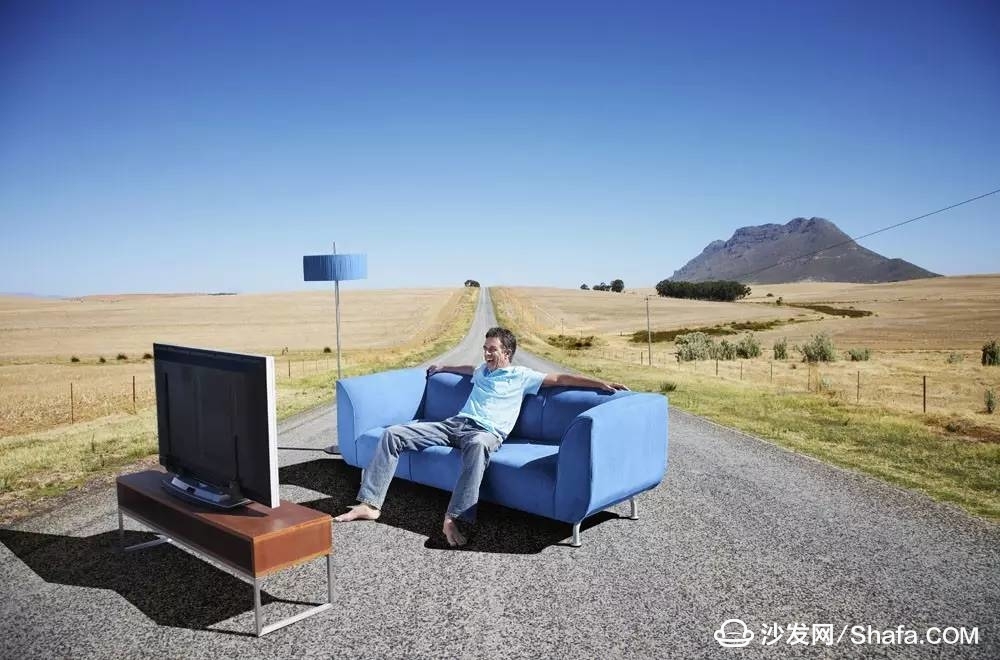
Since the rise of smart TV, "occupying the living room" has become the ultimate goal of the entire industry.
Every practitioner in the smart TV field wants to use TV as the entrance to bundle users through content, hardware and services, and to occupy more home entertainment time.
The game of content and hardware, smart TV has never disappeared.
Under the dual control of supervision and competition, the opposition in the smart TV industry is greater than cooperation, resulting in the difficulty in fully demonstrating the synergy between hardware and software content, and thus directly affecting the user experience.
Does this status quo change? Suning's PPTV smart TV proposes a reference solution.
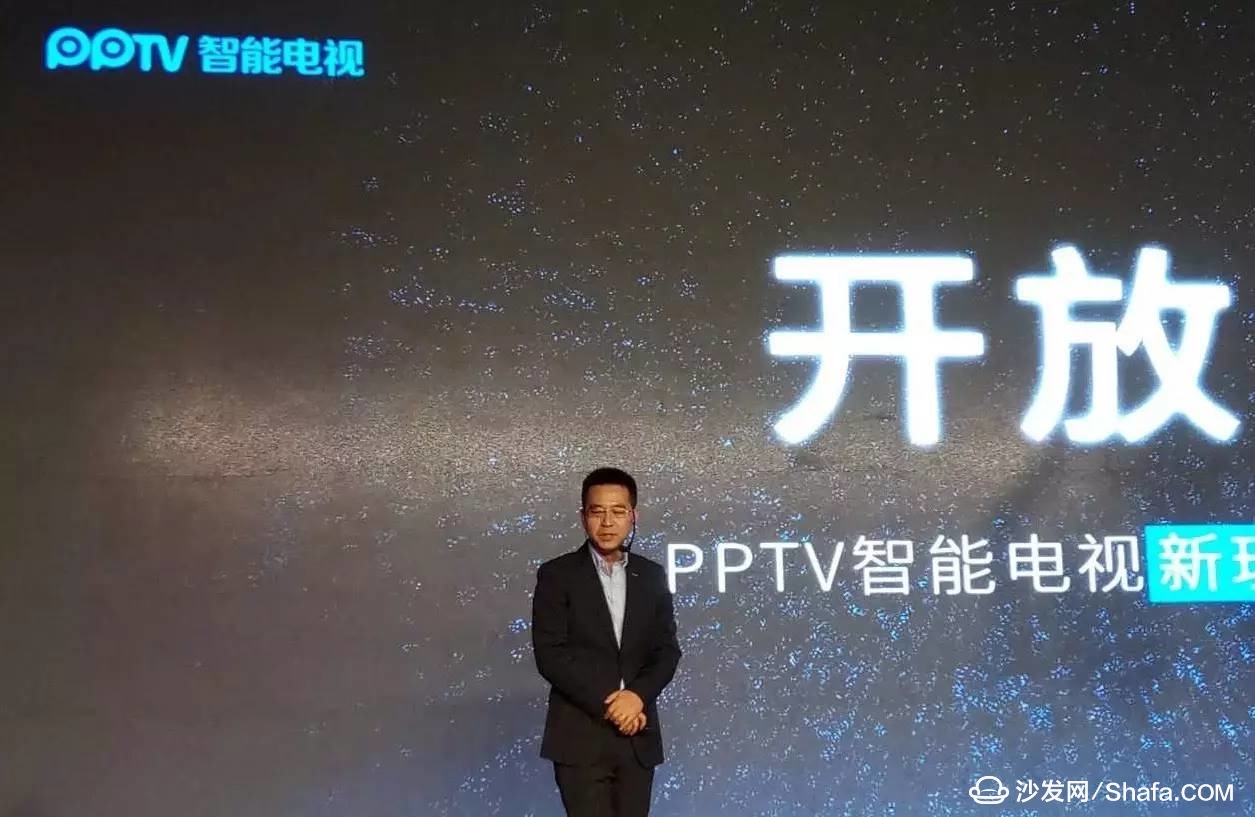
In June of this year, PPTV formally released its "open and share" strategy and launched a brand-new Rubic smart TV system. Using it as its core carrier, it opened up billions of yuan worth of content services for the entire industry, and then with Konka, Philips, Sharp, etc. Traditional TV companies have launched in-depth cooperation to jointly build a new win-win ecosystem of “hardware + content + systemsâ€.
In July, the Trina series of smart TVs that PPTV and Konka collaborated on was already on Suning's Tesco. PPTV and Philips launched a series of smart TVs that are planned to go on the market. They are all equipped with PPTV's Rubic smart TV system and have been implanted with PPTV. The full content service.
This represents that PPTV's "open and share" strategy has begun to formally land. The speed is fast and the efficiency is high and it is surprising.
Then, this new initiative initiated by PPTV and the main theme of “open sharing†is to enable the new smart TV industry to usher in new changes.
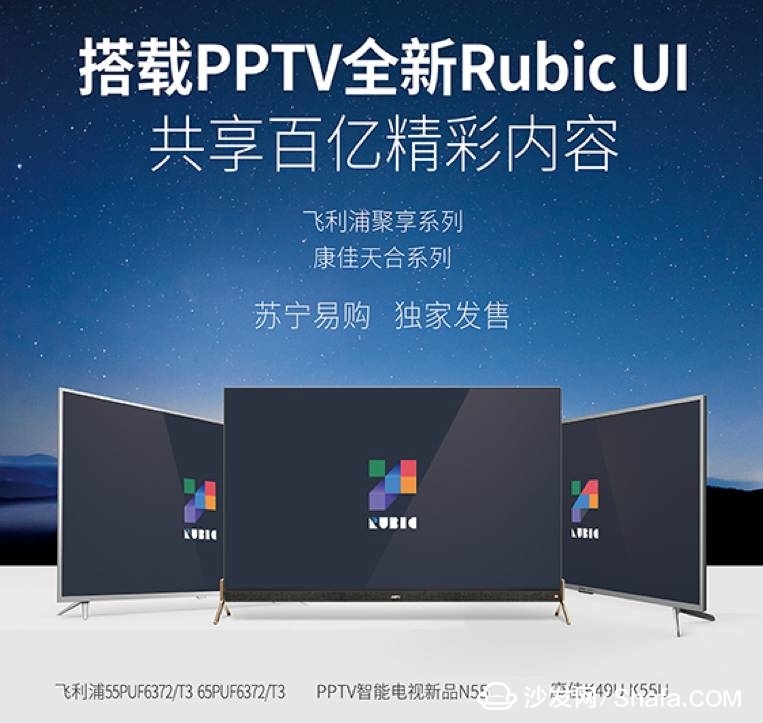
Smart TV hard and soft difficult? Open ecology has come a long way
According to data from a third-party research agency, Aimei Consulting, China's smart TV sales in 2016 were 40.98 million units, and it is expected that by 2018, smart TV sales will exceed 50 million units.
Although the domestic smart TV market will maintain steady growth in the next few years, the growth rate will decrease from 19.96% in 2016 to 11.95% in 2018, reaching a new low in recent years.
Xinzhi Technology believes that the rapid growth of market scales means that smart TVs will begin to bid farewell to the bubble era and return to rational development.
In 2017, the focus of the industry should shift from the “enclosed market†to the “adjusted structure, reformed profit and loss†level.
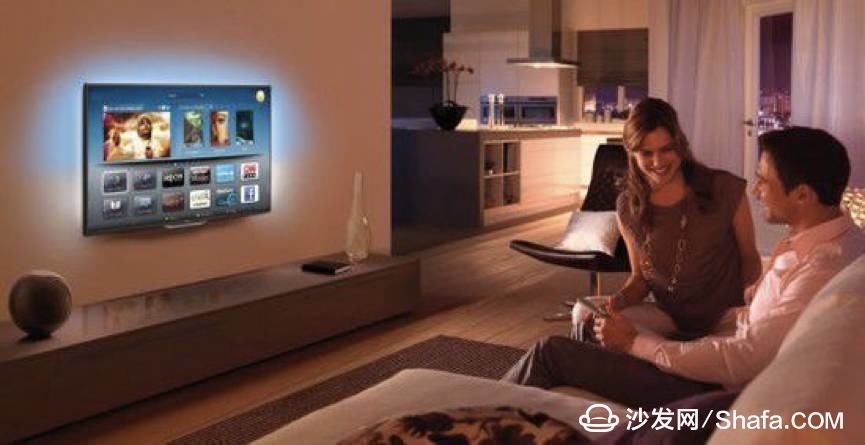
From the perspective of products and brands, the current smart TV industry is mainly divided into two camps.
One type of traditional television company that is longer than hardware research and development, and one type is an internet company that understands the concept of content and service.
For a considerable period of time, the opposition between the two camps was greater than cooperation. As a result, high-quality hardware and high-quality content services could not create a synergy effect. “Hardware-oriented†and “content-based service-oriented†were even in court and users were relatively fragmented. In front of the experience, nature is not willing to pay more time.
In the end, the Internet company camp represented by PPTV chose to use action to break the gap.
In June of this year, PPTV offered an open banner and opened its arms to the traditional TV manufacturers from the two dimensions of “content + systemâ€.
At the same time, Tencent and Xiaomi also placed an open attitude. Tencent entered the market with investment attitude. Not long ago, Tencent invested RMB 300 million in Cool Open, and it also supported Cool Open with content resources to build an Internet large-screen content system. Millet opened its own artificial intelligence television system PatchWall.
The intentions of the three companies are similar to each other. Through the opening of their own capabilities and resources, the industry is empowered and the former competitors in the industrial chain become partners.
However, the open operations of the three companies still have their own advantages and disadvantages. Tencent has a video content reserve, but it lacks the overall layout from hardware manufacturing to online and offline sales (the Jingdong system of Tencent Investment is relatively independent, and resource mobilization is not easy); TV industry chain, but the advantages in content is slightly inferior, and the open process needs to take into account the concerns of hardware competitors; PPTV also has video content resources and Suning online and offline retail channels, it is necessary to make up for the hardware entrance loop. This is also the purpose of opening up.
Regardless of their own interests, the direct or indirect impact of PPTVs may be to gradually break the old situation of hard and soft adjustments in the smart TV field, and to promote the participation of software, hardware, content, and other aspects of the industry to PPTV construction. In the ecological map, the industry collaboration and user experience are ultimately improved.
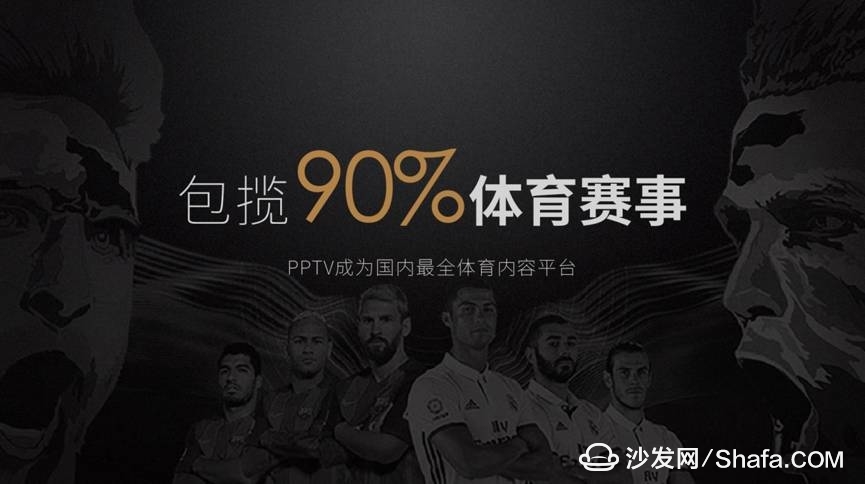
Content + system, the traditional TV companies embrace the open ecology to embrace the transformation dividend
Since the launch of smart TV in 2012, product innovation has not been interrupted. Split TV, 3D TV, curved screen, VR TV, artificial intelligence TV, and the evolution of hardware are slowly being occupied by technical concepts one by one. It is easy to fall into a field. Field technology boasts.
However, looking at the user market, the true core needs have not been activated. For example, the content is not rich enough, the interface operation is not friendly enough, and the subdivision needs are ignored. The multi-screen interaction is not smooth.
These are the common shortcomings of traditional TV companies.
The content services of traditional enterprises are inferior to those of Internet companies. However, the accumulation of Internet companies at the hardware level is not as good as that of traditional TV companies. In the entire competition ecosystem, the more emphasis is placed on the dislocation competition of product differentiation, the more favorable it is to build its own moat.
On this basis, the cooperation between the two parties can be described as a matter of course. The open ecology of PPTV relies on the channels of traditional television companies to achieve a complete ecology of "hardware + content + system". Through the dual distribution of "content + system", PPTV complements its hardware shortcomings to some extent. Traditional TV companies rely on PPTV's open ecological embrace to reap the benefits of more industrial reforms.
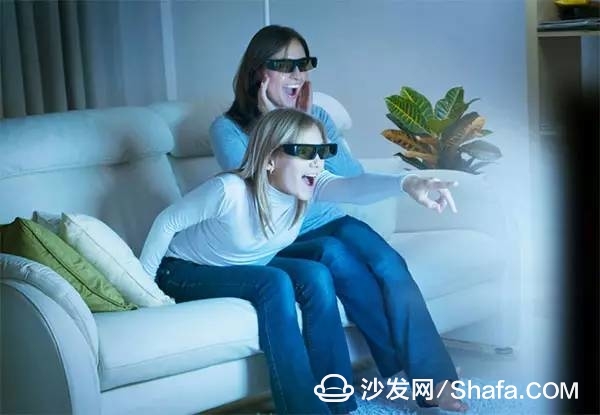
The first big bonus is to make up for short content and meet user segmentation needs.
As a vital force in Internet TV, PPTV backed by Suning's powerful strength and won a huge amount of content resources, it is undoubtedly a super temptation for traditional TV companies.
In particular, it is worth mentioning that sports as a subdivided content has become the largest consumer branch of living room entertainment, and the user’s loyalty is generally higher than other content.
Since 2017, PPTV has won exclusive rights such as La Liga, Premier League, China Super League, AFC Champions, UFC, WWE, etc., and it also covers broadcasting rights of various comprehensive events such as CBA, snooker, badminton, table tennis, and tennis. With a value of over 10 billion yuan and 90% of sports events, it has become the most comprehensive sports content platform in China.
Once the cake is open and shared, it is very likely that it will lead to large-scale migration of living room fans.
The second largest bonus is to enhance system interaction and enhance user experience.
You should know that the friendliness of smart TV operating systems directly affects the user's open and retention rates. PPUB's opening of the Rubic smart TV system has a variety of features such as Super Live, Quick P Key, Smart Voice, and Multi-Screen Interaction.
"Orderly content ordering, multi-format content organization", the content of accurate recommendations, orderly classification, to minimize the user to reach the content of the steps and costs.
With the system blessing of PPTV, traditional TV companies can completely free their hands and devote more energy to the promotion of hardware technology.
As the smart third screen behind computers and mobile phones, smart TVs have been regarded as the most important family entertainment scene.
Before finishing the ultimate goal of "occupying the living room", smart TV still has a long way to go.
However, the ecological layout of PPTVs allows us to see that leaving the competition obsessive, focusing on what we are good at, and breaking the industry bottleneck with an open attitude is the brighter future for the entire industry.
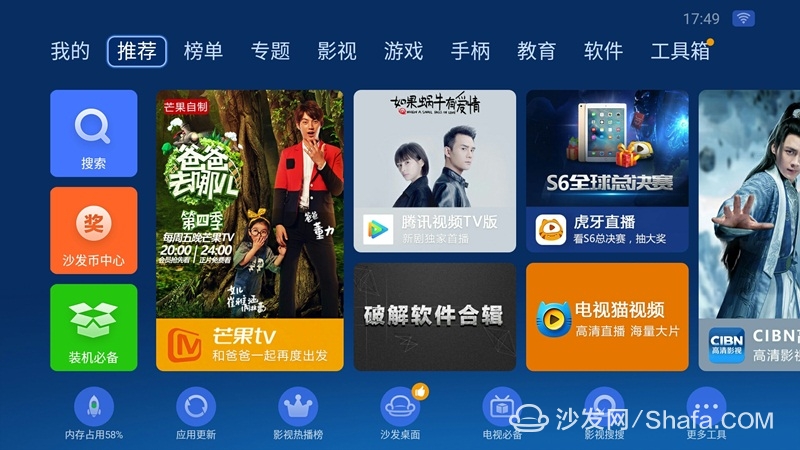
If you are a smart TV user now, you are annoyed by the scarcity of television or the built-in resources of the box. Xiao Bian recommended that you immediately download the sofa butler application market (), video search to expand resources, super fun and good-looking television programs, simply unable to stop!
China manufacture for Popular Custom Vape Pen, high quality battery, quality e-liquid and food safty material.
Prefilled Vape
Newmax Electronics Co.,Limited , https://www.advvape.com